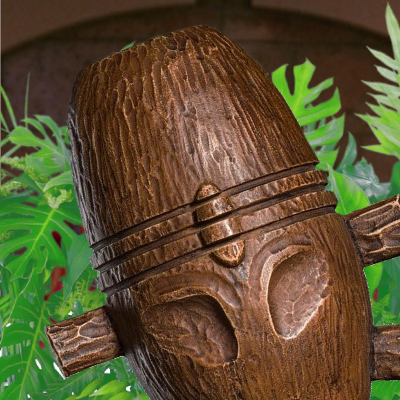

I’m glad India owns the islands. Not that India is some champion of indigenous peoples, in fact they are an imperial power in their own right. But it would have been worse if some Western nation owned it (like they still do other islands in the Indian, Pacific, and Atlantic oceans, wtf)
The Sentinelese make obvious that lustful chauvinistic gaze of the West that I haven’t seen in other countries, except maybe imperial Japan, which was copying the West anyhow. The whole idea that the world is there is be “studied” and that places like the Sentinel islands are some final frontier is fucked up.
I understand the linguistic and anthropological curiosity a little, though I think researchers should be more humble. Most are humble actually, it’s the general public that still has chauvinism.
The missionaries bother me the most. Christianization has killed off many local cultures, claiming to liberate them but not saying the quiet part about control and whatever prophecy about the end days where everyone needs to be Christian I think. In India, the lower castes and pariahs mostly are Christian, with the promise of equality, but in reality they still have the caste system within their communities and are just pariahs in different ways at large now. So not much has changed. I am also brown and live in the US, so I have felt the lustful gaze of missionaries throughout my life here. I get missionaries banging on my door every week now. It’s kinda scary, considering the KKK were around only a while ago here.
Also interesting fact, the Andaman and Nicobar island were home to British jails for political prisoners. Indian rebels and revolutionaries met in jail there and even founded parties for independence and socialism. In a way, the islands are a birthplace of Indian revolutionary spirit










Lucifer’s Hebrew name is Helel!